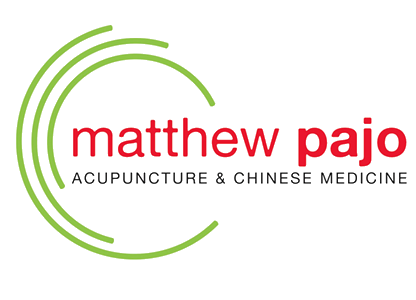What is Chinese Medicine and how does it work?
Chinese medicine is an integrated system of healthcare and is one of the oldest and continuously practiced healthcare systems in the world. The origins of Chinese Medicine date back several thousand years and as such has developed into a unique and highly sophisticated system of healing that can diagnose, treat and prevent illness. The complete nature of Chinese medicine allows for an integrated understanding of health and disease.
Chinese medicine theory is based upon the principles of Yin and Yang, opposite forces that work together to maintain balance and harmony. When Yin and Yang are in harmony there will be a natural flow of energy (Qi – pronounced chee) moving in a smooth and balanced way strengthening the body. By strengthening and enhancing the body’s natural functions, the immune system can be regulated and a general sense of well being is promoted.
Chinese Medicine is safe, effective and can be used on a regular basis and in conjunction with other therapies and treatments.
Chinese medicine uses herbs, Acupuncture, cupping, gua sha (scraping), tuina (massage) and dietary advice to stimulate and regulate the natural functions of the body to restore health.
Acupuncture involves the gentle insertion of fine sterile needles into specific points located on pathways that traverse the body. Stimulating these points aids in the restoration of the flow of Qi throughout the body which can help to strengthen and enhance normal body functions and may assist with pain relief. This can also relieve stress and promote your sense of general wellbeing.
Chinese herbal medicine has over 450 substances that are commonly used and most of these are comprised of parts of plants, such as leaves, seeds, stems, twigs, roots, flowers, fruits as well as some minerals.
Chinese herbal medicine has incredible biochemical diversity and modern research has shown that some herbs may have beneficial effects for many disease processes.
The safety and efficacy of herbs depends largely on two things. The first is that herbal sources must be of exceptional quality. They need proper identification and they need to be checked for heavy metals, pesticides, microbes and other contaminants. The second is that they should be prescribed by an appropriately trained herbalist. Matthew uses pharmaceutical grade herbs that have been appropriately tested and he has extensive training in herbal medicine.
Matthew can provide you with individual herbal prescriptions that address any imbalances, blockages or deficiencies in the body that have led to ill health. Modifications of herbal formulas may be made in the course of treatment to adjust to any changes and improvements that occur. Herbal medication used in combination with Acupuncture will often achieve better results faster.
What can be treated?
Chinese medicine developed disease theories and techniques that address many areas of health that effectively treat a broad range of conditions and can also assist with general health maintenance and disease prevention.
The general aim of treatment is to regulate imbalance by nourishing deficiencies and promoting qi and blood circulation, which often is disrupted through various factors such as genetic predisposition, diet, emotional distress and irregular lifestyle habits.
While Matthew is highly skilled and proficient in Chinese medicine he has also worked in Western medicine settings for many years. He has seen the strengths and weaknesses in both systems and uses this knowledge to get the best possible outcomes for his patients. Having a different perspective to Western medicine, Chinese medicine can often cast light on conditions which modern medicine has difficulty treating.
What to Expect
During the initial visit, which normally lasts up to one and a half hours, a full consultation and treatment will be provided. You may be asked questions regarding your medical history, diet and lifestyle. Other diagnostic measures unique to Chinese medicine such as tongue and pulse diagnosis may also be conducted. A treatment plan will be discussed which will outline the anticipated course of treatment for your specific concern. Although all cases are different and unique, generally patients will begin to achieve results after 3 to 6 treatments, sometimes sooner.
Do acupuncture needles hurt?
Most people’s experience of needles is of those used in injections and blood tests. Acupuncture needles bear little resemblance to these. They are much finer and are solid rather than hollow. When the needle is inserted, the sensation is often described as a tingling or dull ache. Needles are inserted either for a second or two, or may be left in place for 30 minutes or more, depending on the effect required.
During treatment, patients commonly experience heaviness in the limbs or a pleasant feeling of relaxation. The benefits of acupuncture frequently include more than just relief from a particular condition. Many people find that it can also lead to increased energy levels, improved digestion and sleep as well as an enhanced sense of overall well being.

